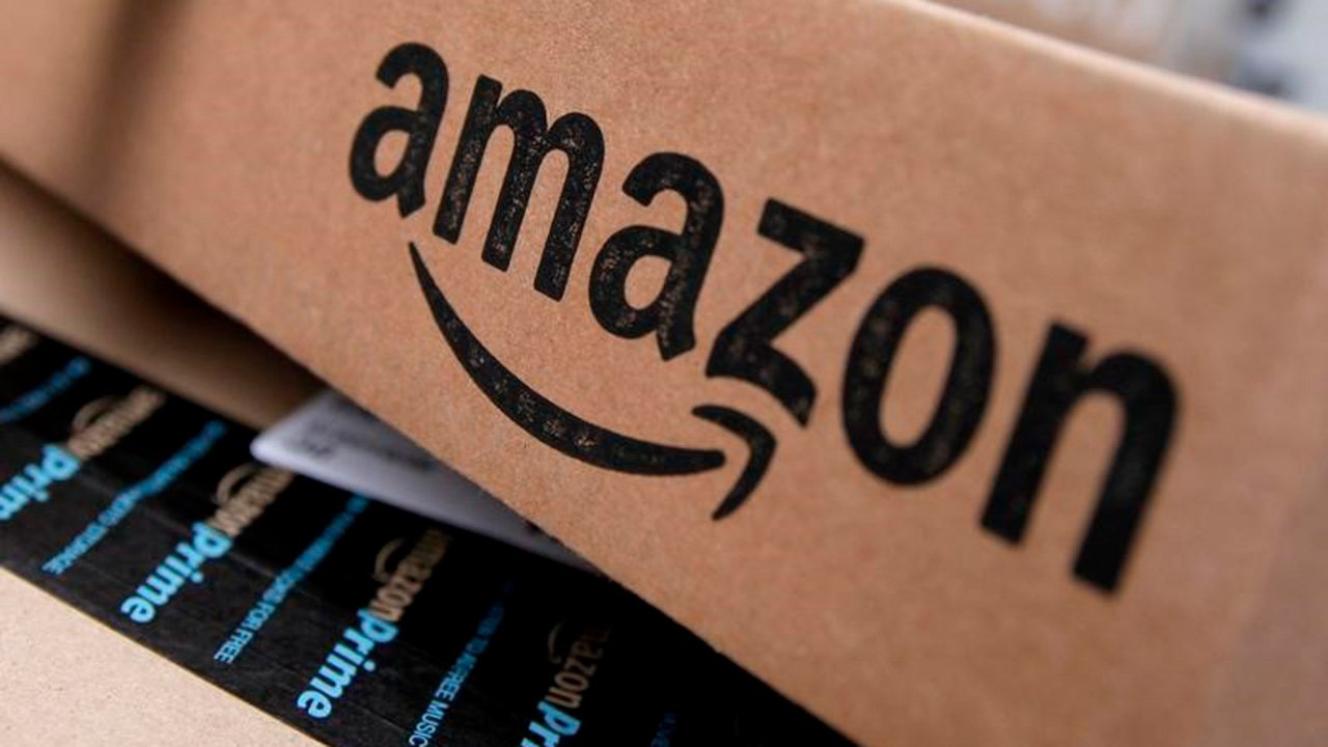Empire building is in the crosshairs of a US congressional decision to advance competitive third party logistics (3PL) businesses through the Ending Platform Monopolies Act, passed last week by the House Judiciary Committee.
The legislation is generally regarded as having far-reaching consequences for the likes of e-commerce giant Amazon, which has squeezed out 3PL service providers through in-house logistics - euphemistically called Fulfilment By Amazon (FBA).
The Act serves to end dominant platforms from shutting out external service provision by incorporating multiple business lines into its core service, and is said to be almost exclusively aimed at targeting Amazon’s so-called FBA option.
However, apart from the impact that the Act could have on Amazon and its desire to expand into logistics, the anti-monopoly legislation is also widely understood to threaten Facebook’s ownership of previously independent social media platforms, Instagram and WhatsApp.
Although 73% of Amazon’s online shipments have been done in-house, Cathy Morrow Roberson, the founder and head analyst of Atlanta-based consultancy and research firm, Logistics Trends & Insights, has said that it will force FBA to raise its prices.
She told Canadian supply-chain journalist Ian Putzger: “I don’t think Amazon logistics on its own is profitable.”
Writing for The Loadstar, Putzger says: “Amazon has frequently been accused of cross-subsidising losses on the logistics side with the income it has raked in from cloud services.”
If Morrow Roberson’s assessment is correct, it would pit Amazon against the likes of courier conglomerates like FedEx and UPS for conducted shipments via 3PL means.
Passing of the Ending Platform Monopolies Act comes after a lengthy congress-initiated investigation into antitrust practices, which resulted in a 450-page report on the issue.
The Act was one of six presumably anti-competitive bills that made it to Congress last week, and which are said to be aimed at vastly reducing the business expansion potential of big tech companies.













